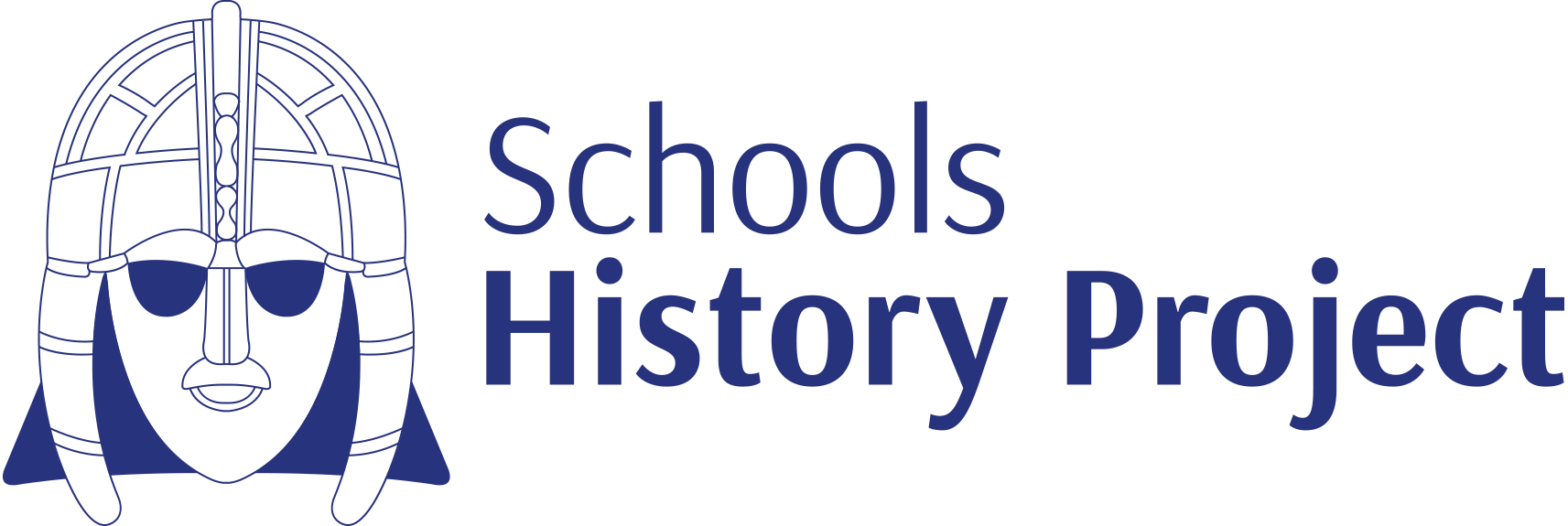This plan for Key Stage 3 was developed by Michael Riley for the 2008 National Curriculum.
It incorporates many of the core principles of SHP including a strong focus on enquiry and diversity.
The plan breaks away from a ‘Norman Conquest to the Cold War’ approach to Key Stage 3, by structuring the course thematically.
- In Year 7 students find out about the ways in which people’s daily lives and beliefs changed through time.
- In Year 8 they study the development of political power and protest in Britain from the Middle Ages to the twentieth century.
- In Year 9 students investigate the changing nature of conflict and co-operation between countries.
The plan is organised around enquiries into a range of historical issues that build knowledge systematically, and that develop students’ understanding of historical concepts and processes in a structured way.
Download the Plan and Rationale
Download the material here.
The KS3 Plan [ click here ]
The Rationale [ click here ]
The Rationale
1. This Key Stage 3 plan is intended to fire our pupils’ curiosity and imagination, moving and inspiring them with the dilemmas, choices and beliefs of people in the past. Pupils study a range of people, events and situations from local, national and international history. They are encouraged to develop their own attitudes, values and identities by engaging with the past.
2. Pupils follow a coherent course organised into three major themes. In Year 7 pupils find out about the ways in which people’s daily lives and beliefs changed through time, including the impact through time of the movement and settlement of diverse peoples to, from and within the British Isles. In Year 8 pupils study the development of political power and protest in Britain from the Middle Ages to the twentieth century including the changing relationships through time of the peoples of England, Ireland, Scotland and Wales. In Year 9 pupils investigate the changing nature of conflict and co-operation between countries focusing, in particular, on the relationship between Islam and the West, the nature of the British Empire and the impact of twentieth-century warfare on people’s lives. This thematic approach will enable pupils to develop a sense of period and to build a secure chronological framework of the past.
3. The plan is organised around structured enquiries into a range of historical questions and issues. These are designed to provide challenging, rigorous and compelling learning experiences for pupils. In most cases, the enquiry question is pre-determined in order to provide pupils with a clear and precise focus for their work. However, in each year, one enquiry has been left ‘open’ in order for pupils to devise and refine their own enquiry question to structure their investigation.
4. Individual enquiries combine overview and depth, using one to enhance understanding of the other. Brief overviews are between enquiries to link significant developments and to set the wider context
5. Across the key stage, the historical enquiries focus on the key concepts and processes that underpin the study of history: cultural, ethnic and religious diversity; change and continuity; cause and consequence; significance and interpretations; enquiry, evidence and communication. As pupils progress through key stage 3 they encounter these concepts in a range of contexts. In this way, as they deepen their historical knowledge, they also develop a more sophisticated understanding of the discipline of history.
6. The plan provides an entitlement for all pupils to visit a museum (Year 8), gallery (Year 7) and historic site (Year 9).
7. Across the key stage, pupils have the opportunity to communicate their understanding of history in a range of creative ways. Pupils write in a range of real contexts; they develop their listening and speaking skills by engaging in debates, discussions and presentations; they communicate their understanding of history through visual media including exhibitions and documentary films.
8. Some enquiries have been planned jointly with other subjects in the school in order to make meaningful links between history and other curriculum areas.
